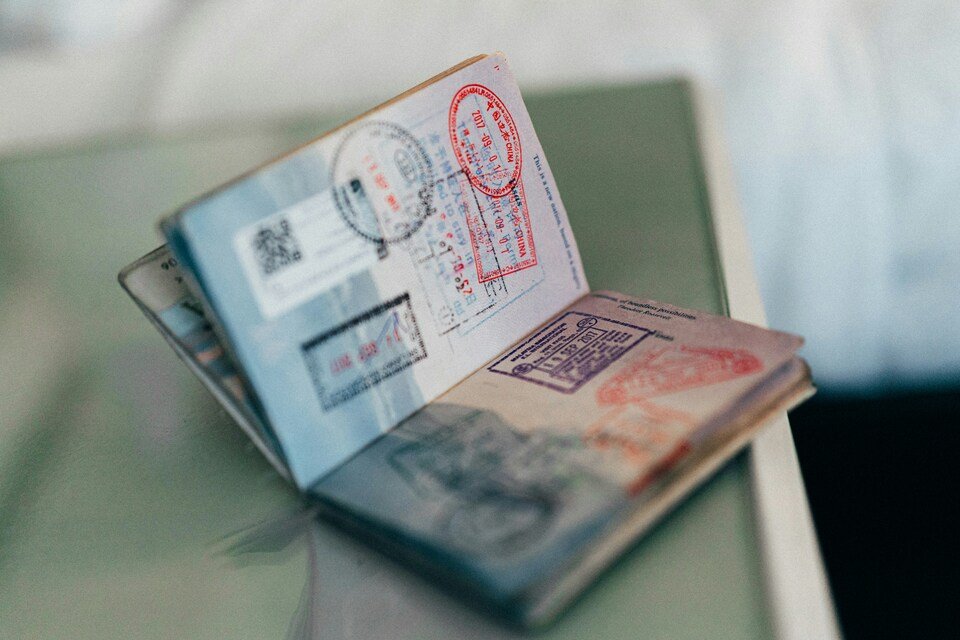
South Korea has donated 10 electric buses to Bali, in what officials described as recognition of the province’s commitment to environmental stewardship.
“Bali is seen as a province leading the way in environmentally friendly policies,” said Governor Wayan Koster at a handover ceremony in Denpasar on Thursday. He cited two provincial regulations issued in 2019 — one on clean energy and another supporting the use of battery-based electric vehicles — as key to Bali’s green reputation.
The donation was made by the Republic of Korea’s Ministry of Environment, in a move that aligns with what Koster described as shared environmental priorities between the two governments.
One Bus Arrives, Nine More to Follow
South Korea’s Vice Minister of Environment, Lee Byung-hwa, delivered one 12-meter bus during the ceremony. The remaining nine buses will be designed to suit Bali’s road conditions and are expected to arrive within 7–8 months.
“We requested the length to be 8 meters and the size smaller so it fits the road conditions here,” Koster said. “They’re estimated to be completed in early 2026.”
Charging Equipment Included
Koster said the donation includes not just the buses but also their charging infrastructure. The entire package, he said, is valued at Rp75 billion. Once complete, the fleet will be painted in red, white, and black — colors associated with Bali.
While the provincial government has not finalized the routes for the new buses, Koster said they would operate in the Sarbagita area — which includes Denpasar, Badung, Gianyar, and Tabanan — focusing on high-traffic corridors such as tourist zones and campuses.
Koster said he wants the public to enjoy high-quality transportation without paying high prices. Citing operating costs, he explained that electric vehicles are more economical than fossil-fuel-powered ones.
As an example, he said a round trip from Denpasar to Buleleng using a conventional fuel vehicle would cost around Rp600.000, whereas the same trip with an electric car would cost only Rp131.000.
According to Koster, the donated buses will each accommodate 35 passengers and are expected to be both cost-effective and accessible for the public.










